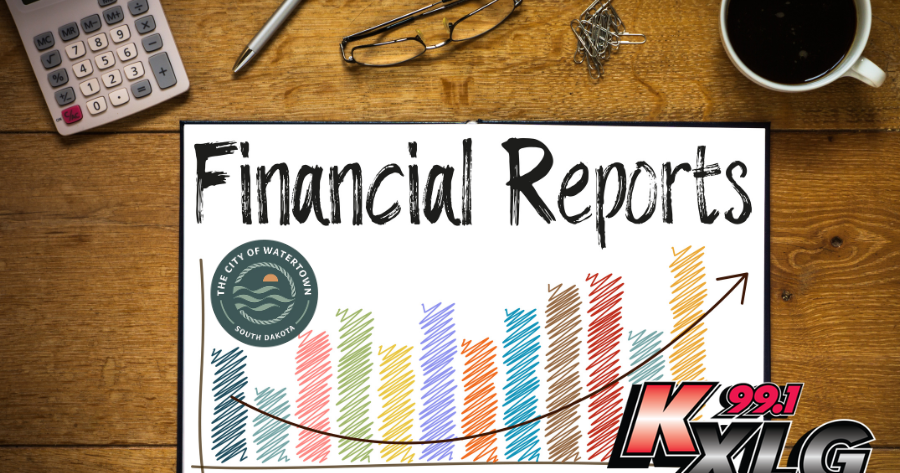
Chips and Challenges: Astera Labs Reveals Q1 Financial Performance
Astera Labs Delivers Impressive Q1 Financial Performance, Sees Strong Demand in AI Connectivity Solutions
Astera Labs, Inc. (Nasdaq: ALAB) has reported remarkable financial results for the first quarter of 2025, showcasing significant growth and momentum in the semiconductor connectivity market. The company achieved a quarterly revenue of $159.4 million, representing a substantial 13% quarter-over-quarter increase and an impressive 144% year-over-year surge.
Key Highlights:
- Robust demand for PCIe scale-up and Ethernet scale-out in custom ASIC platforms
- PCIe 6 connectivity portfolio positioned for major expansion in GPU-based rack-scale systems starting in Q2
The Santa Clara-based company continues to solidify its position as a global leader in semiconductor-based connectivity solutions for cloud and AI infrastructure, demonstrating strong market traction and technological innovation.
Investors and industry observers are closely watching Astera Labs as it capitalizes on the growing demand for advanced connectivity technologies in AI and cloud computing environments.









